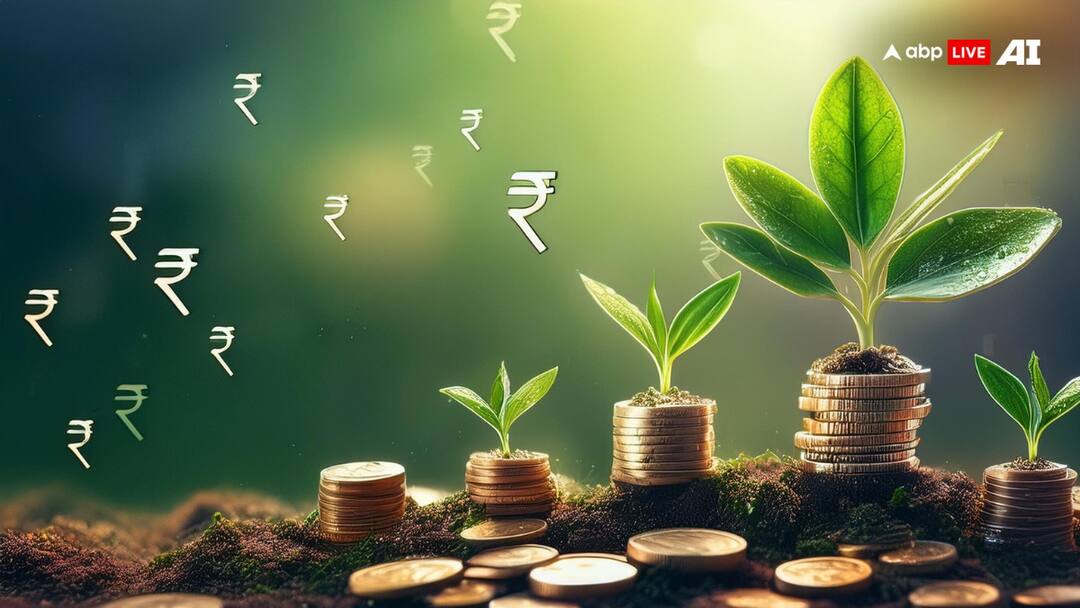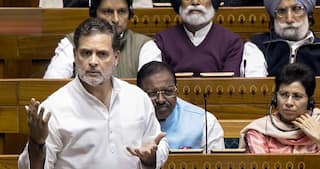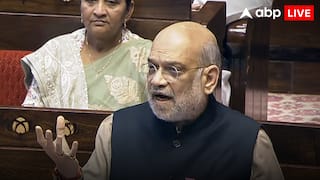Planning To Invest In Small Saving Scheme This Diwali? Here Are Some Govt Run Options. Check Interest Rates
Investing in small savings schemes presents numerous advantages. First and foremost, these schemes are government-backed, ensuring fixed returns and the safety of your capital

The Government of India offers saving schemes to encourage individuals to save small amounts on a regular basis. Backed by the government, these investments are considered secure and provide risk-free returns. Additionally, they come with tax benefits, allowing investors to deduct certain amounts from their taxable income.
Investing in small savings schemes presents numerous advantages. First and foremost, these schemes are government-backed, ensuring fixed returns and the safety of your capital. Furthermore, many of them qualify for income tax deductions of up to Rs 1.5 lakh under Section 80C of the Income Tax Act, adding to their financial appeal. Lastly, small savings schemes contribute to portfolio diversification, helping to spread risk across various assets and enhance overall economic stability.
Here’s an overview of some of the best small savings schemes:
Post Office Savings Account: This account can be opened individually or jointly. It requires a minimum deposit of Rs 500 and has no maximum limit. The interest rate is 4 per cent per annum.
National Savings Recurring Deposit Account: A monthly deposit begins at Rs 100, with increments of Rs 10 and no upper limit. The interest rate stands at 6.7 per cent. A single adult can open this account, a joint account (up to 3 adults), or a guardian for a minor or a person of unsound mind, as well as by minors over 10 years.
National Savings Monthly Income Account: This account requires a minimum deposit of Rs 1,000, with a maximum limit of Rs 9 lakh for individual accounts and Rs 15 lakh for joint accounts, where all holders share equally in the investment. The interest rate is 7.4 per cent per annum.
Senior Citizens Savings Scheme Account: The minimum deposit is Rs 1,000, and an individual can have a maximum of Rs 30 lakh across all SCSS accounts. This account offers an annual interest rate of 8.2 per cent.
Public Provident Fund Account (PPF): Each financial year, a minimum deposit of Rs 500 and a maximum of Rs 1.5 lakh are needed. The interest rate is 7.1 per cent. Accounts can be opened with cash or cheque; for cheque payments, the date of realisation is considered the opening date.
Kisan Vikas Patra: You can start with a minimum deposit of Rs 1,000 (in multiples of Rs 100), with no maximum limit. The interest rate is 7.5 per cent.
Sukanya Samriddhi Account: This scheme requires a minimum deposit of Rs 250 per financial year and a maximum limit of Rs 1.5 lakh (in multiples of Rs 50). The interest rate is 8.2 per cent per annum.
Mahila Samman Savings Certificate: This account requires a minimum deposit of Rs 1,000 (in multiples of Rs 100) and a maximum limit of Rs 2 lakh. It offers an interest rate of 7.5 per cent per annum.
National Savings Certificates: The minimum investment is Rs 1,000, with no maximum limit. The interest rate is 7.7 per cent per annum, and deposits qualify for deductions under Section 80C of the Income Tax Act.
ALSO READ | Narrow Majority Of Economists Predict RBI Will Cut Rates To 6.25% In December: Poll






































